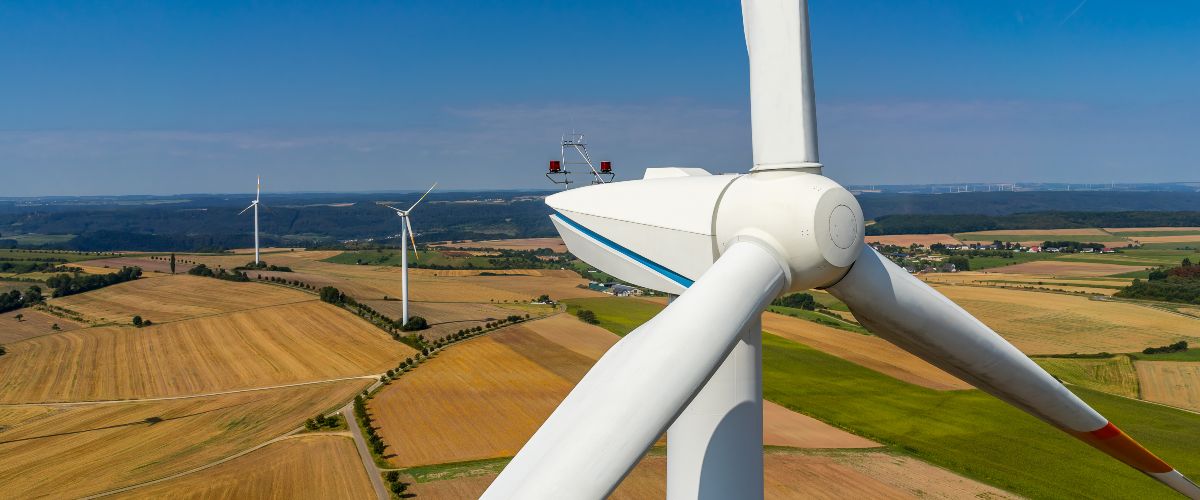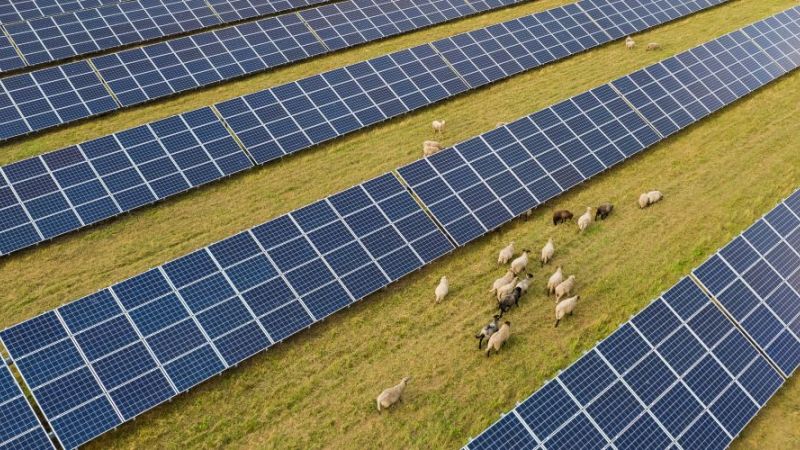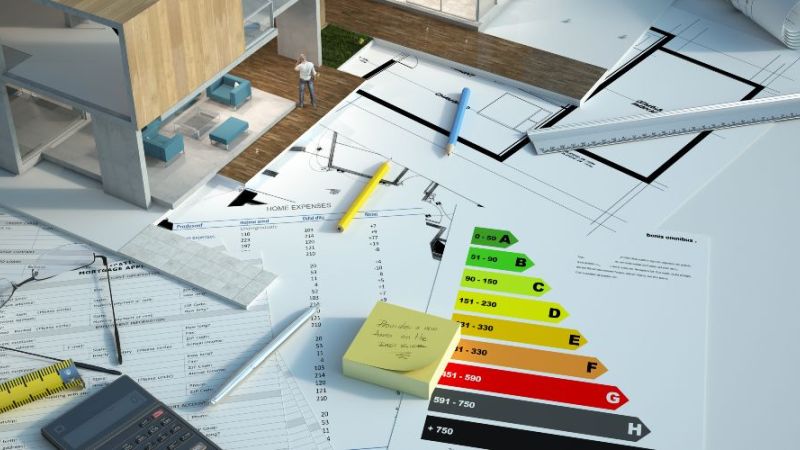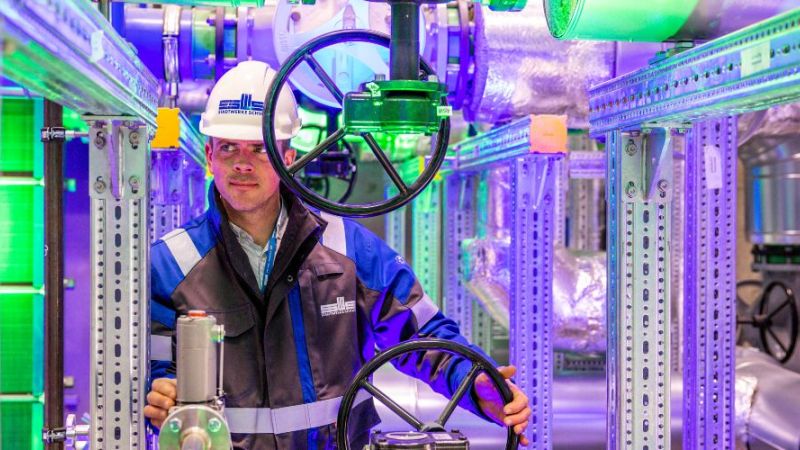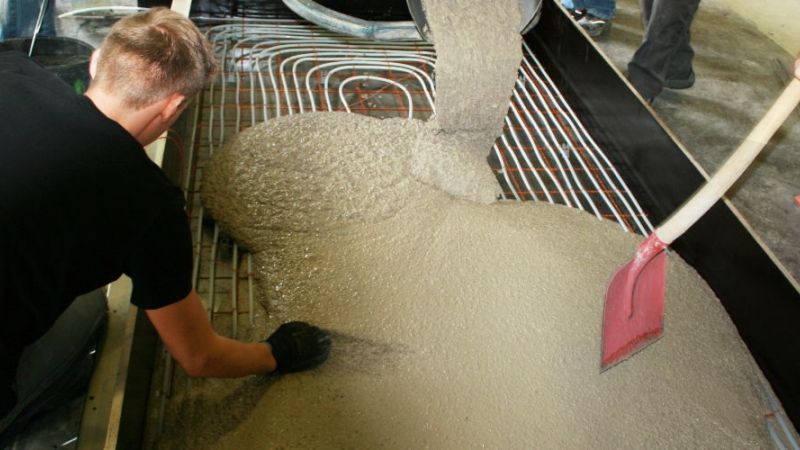Wind Energy
Great need for research on wind energy
Wind energy is currently and will be in the foreseeable future the most important source for the production of electricity in Germany. The German government is continuing to drive forward the electrification of various consumer sectors. This can support the decarbonisation of the mobility and heating supply sectors, among other things. The increasing proportion of electric vehicles and the significant expansion in the use of electric heat pumps - in addition to other developments in demand - will increase Germany's electricity demand in the future.
Further extensive expansion of wind energy utilisation on land (onshore) and at sea (offshore) is essential to achieve Germany's energy transition and climate protection targets. This also requires the development of additional sites for wind turbines.
The high proportion of wind power in the German energy system places particular demands on wind turbines and wind farms in terms of high security of supply and their grid-forming properties. It also has a major influence on the overall electricity price.
Eligible research content in wind energy
The range of projects eligible for funding in the field of wind energy covers all phases of the service life of wind turbines: from turbine design to manufacturing, construction, operation, dismantling and recycling of the materials used. The project objectives can be in the area of plant technology as well as in the area of control algorithms and software. An example could be the investigation of improved operational management strategies or the monitoring of turbine loads. As component and system certifications play a central role in the approval and financing of wind farms and the necessary investigations are often complex or lengthy, the early involvement of certification bodies in such research and development projects is of particular importance.
The integration of the energy provided by wind farms into the German or European energy system also plays an important role. Important focal points of the integration of electrical energy are, on the one hand, grid-forming and grid-supporting properties of wind turbines and, on the other hand, the best possible dovetailing of energy demand and energy supply - also in coordination with other energy technology systems that are also subject to fluctuations, such as photovoltaic systems. However, investigations into the efficient integration of heat provided by wind turbines (power-to-heat) or hydrogen produced (for example via directly coupled electrolysis) - possibly in conjunction with suitable storage systems - are also a focus of interest.
Other relevant wind research topics
The funding is not limited to innovations in wind turbines. The funding provided will also be used to make wind energy utilisation in Germany - and possibly in export markets as a whole - more reliable, cost-effective and environmentally friendly. This is why the BMWK also supports innovations in logistics and maintenance, operational management, as well as security of supply and resilience to internal and external disruptions or attacks and the reuse and recycling of turbine components.
Investigations for a better understanding of wind physics, the acoustics of wind energy use and for new or specially adapted materials - in particular to minimise the use of critical or scarce raw materials - also play a central role. This also includes work to improve the characterisation of sites for new turbines to be erected and to minimise the impact of interference with other technical facilities, thus enabling or improving the co-use of land. The repowering of existing sites is also an important aspect of research into the efficient utilisation of land available for wind energy use.
In addition to the aforementioned research topics, BMWK research funding also includes technical innovations for nature conservation and species protection in connection with wind energy utilisation as well as for social acceptance. Considerations of new market and business models or forms of participation may also play a role in the margins.

